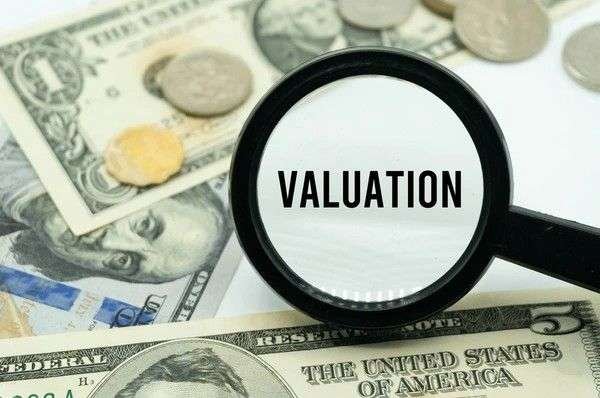Asset Value refers to the monetary worth of an asset, representing its fair market price or the value it could be sold for in the current market conditions. This valuation is crucial for investors, businesses, and analysts to assess the financial health and performance of an entity.
Table of Contents
Key Aspects of Asset Value
Overview and Importance
- Monetary Worth: Asset Value signifies the dollar amount an asset is worth in the market.
- Evaluation Basis: It can be determined by various methods such as market value, book value, or discounted cash flow analysis.
How Asset Value is Determined
- Market Value Approach:
- Fair Market Value: The price an asset would fetch in the open market.
- Real-Time Assessment: Reflects current market conditions and investor sentiments.
- Book Value Method:
- Historical Cost: Based on the asset’s original purchase price minus depreciation.
- Fixed Assets: Includes tangible assets like buildings, machinery, and equipment.
Examples of Asset Value Calculation
- Real Estate: Market value of a property based on recent sales of similar properties in the area.
- Stocks and Bonds: Market price of shares or bonds traded on stock exchanges.
Importance of Asset Value
- Financial Reporting: Appears on balance sheets to reflect the entity’s total worth.
- Investment Decision-Making: Guides investors on the profitability and risk associated with asset investments.
Methods of Asset Valuation
- Cost Approach: Determines value based on the cost to replace the asset.
- Income Approach: Evaluates future income generated by the asset, discounted to present value.
Factors Influencing Asset Value
- Market Conditions: Fluctuations in demand, supply, and economic factors impact asset prices.
- Asset Type: Different valuation methods apply to tangible and intangible assets.
Challenges in Asset Valuation
- Subjectivity: Market values can vary based on perceptions and investor expectations.
- Complexity: Intangible assets like intellectual property may lack market comparables for valuation.
Conclusion
Asset Value is pivotal in financial decision-making, offering insights into an entity’s wealth and investment potential. Whether assessing stocks, properties, or business assets, understanding valuation methods and market dynamics is crucial. Investors and businesses leverage asset values to strategize growth, manage risks, and enhance financial performance. By employing sound valuation practices and staying attuned to market trends, stakeholders can make informed decisions that align with their financial objectives and maximize asset value over time.





